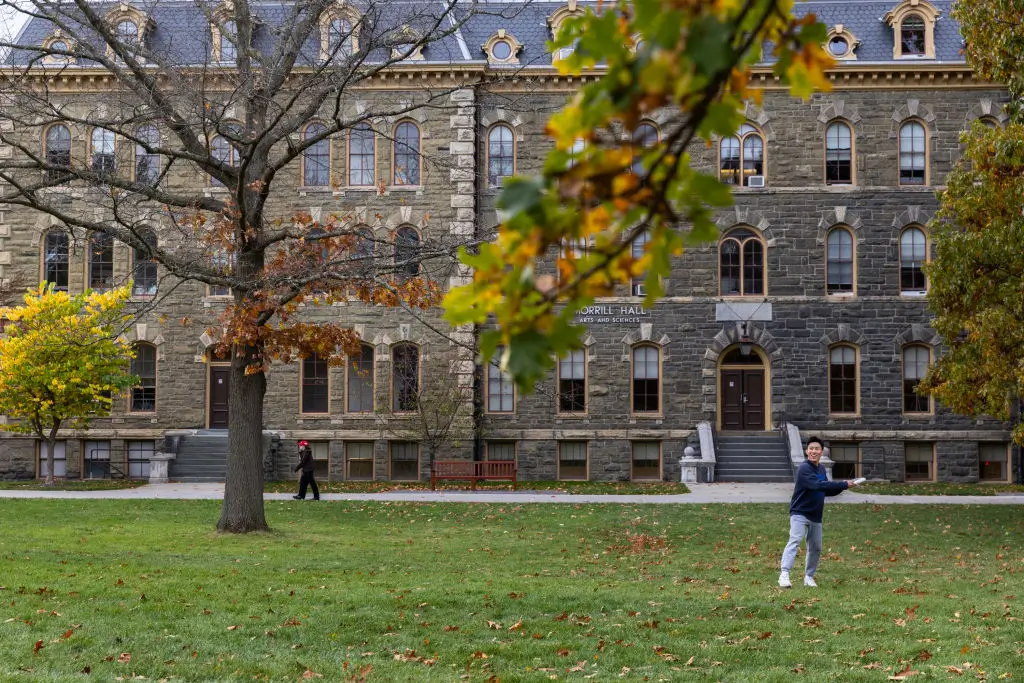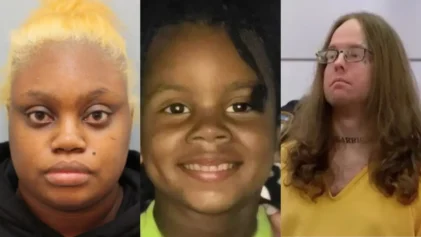Cornell University‘s Vice President of University Relations is under fire from a Black student alliance that says his unequivocal defense of free speech has endangered their safety.
Speaking to more than 200 Jewish parents of Cornell students via a videoconference on Sept. 30, Joel Malina was asked by the event’s moderator, Hillel Executive Director Rabbi Ari Weiss, if the university would allow a Ku Klux Klan member to appear on campus.
“If there were a faculty member that invited a KKK representative to speak or a student group that invited a KKK representative to speak, yes, we would allow that,” said Malina, who was meeting with the parents concerned about the university’s handling of pro-Palestinian protesters.

The hypothetical was consistent with a theme pushed by administrators throughout the meeting: As long as it doesn’t descend into targeted harassment, the university will not punish or prevent offensive speech, according to the Cornell Daily Sun.
One could argue that targeting Black people is what the KKK is all about. And Jewish students might say they felt targeted by the campus protests that some say became overtly anti-Semitic. This is why Cornell officials met with the Hillel group in the first place, to say: We hear you, we’ll protect you, but we’re not going to censor demonstrators.
But, as the KKK analogy shows, free speech can be an unwieldy concept. Cornell’s Black Student Alliance heard it and concluded, “All students of color at Cornell are under attack by administration. We do not feel safe, seen or heard.”
On Friday, about 180 students hit the streets demanding Malina’s dismissal. They also urged administrators to overturn the suspension of international graduate student Momodou Taal, bargain with Cornell Graduate Students United over Taal’s working conditions, limit police surveillance at protests, and revise the Interim Expressive Activity Policy, which spells out the university’s caveat-laden free speech doctrine.
Taal, from the United Kingdom, faces deportation after he was temporarily suspended for participating in a pro-Palestinian protest on Sept. 18. University officials told Taal they were obligated to cancel his visa due to the suspension.
It’s unclear how much leverage the students might possess. Malina’s remarks drew widespread condemnation, with organizations including La Asociación Latina, Native American and Indigenous Students at Cornell and the South Asian Council offering statements online rejecting Malina’s nearly absolutist stand on free speech.
The policy gives Cornell officials some cover on recent controversies, including the reinstatement of history professor Russell Rickford, who celebrated Hamas’ Oct. 7, 2023, terror attack as “exhilarating” and “energizing.”
Rickford spent much of the past year on “voluntary leave” but returned to the classroom last month after the furor over his remarks died down.
Malina has not responded to the controversy over his statement.
“His suggestion has provoked fear, outrage and disbelief in a large number of the student and faculty body,” wrote Cornell senior Amira Jones in an op-ed published by the Daily Sun. “Such a statement demonstrates a profound disconnect from history and serves to undermine the very principles of free speech and assembly that, ironically, our university has made its goal for the academic year.”
Meanwhile, the search for meaning continues.
“The events of the last two days mean nothing could be the same,” one of the masked protest speakers said Friday. “I see my community mobilized the way I never could have imagined. Now we can’t go back.”


